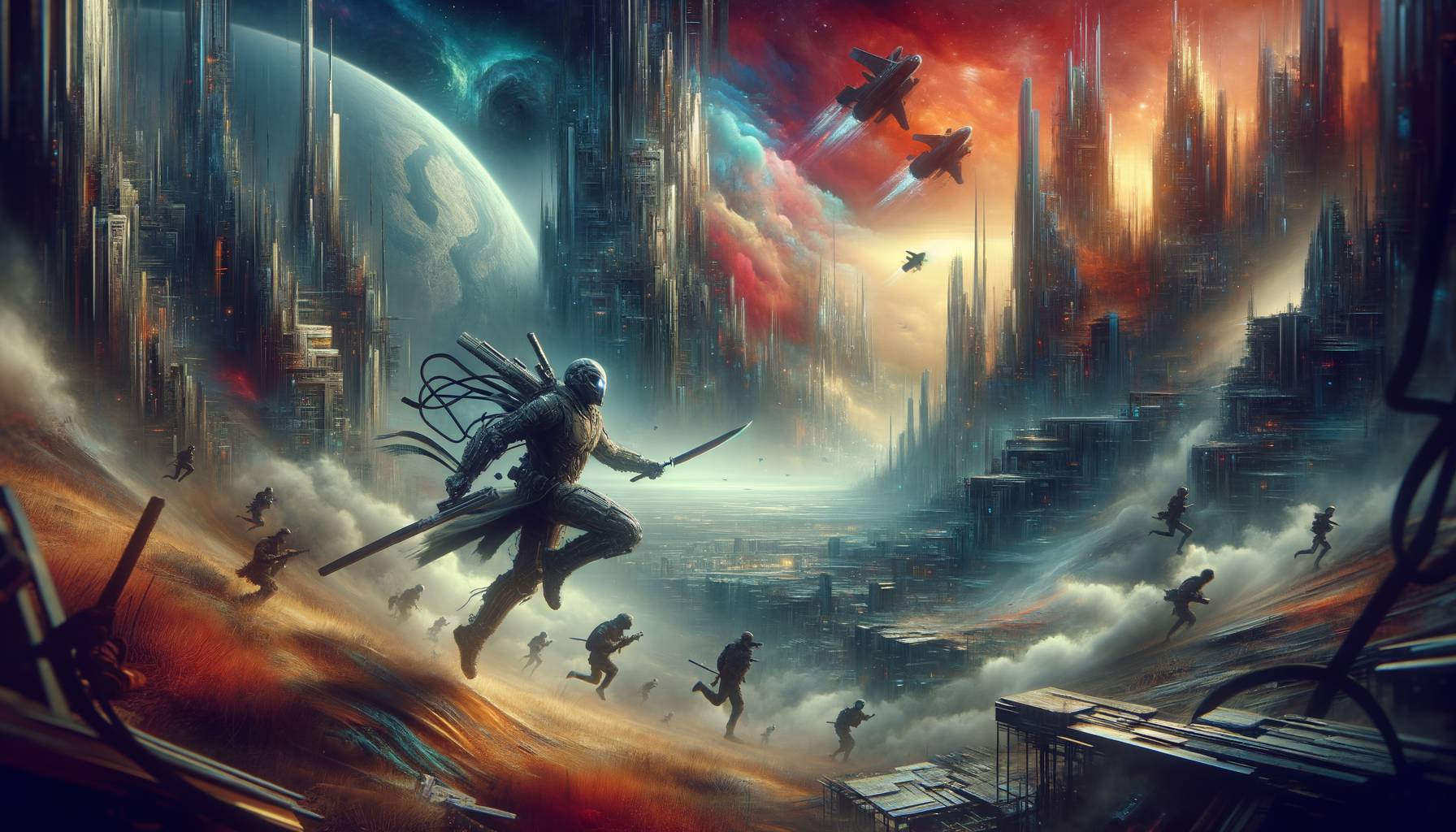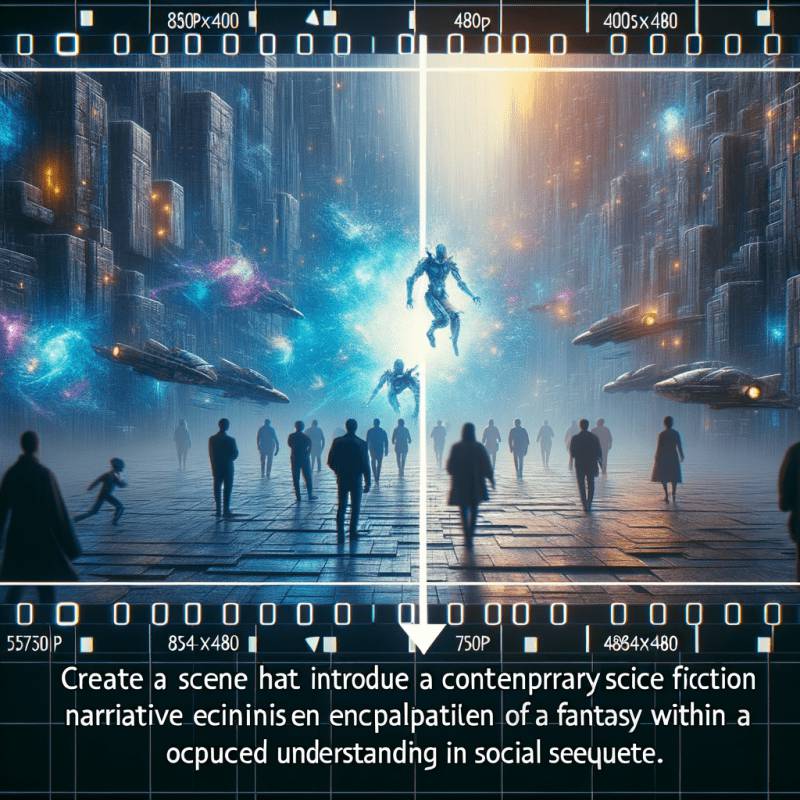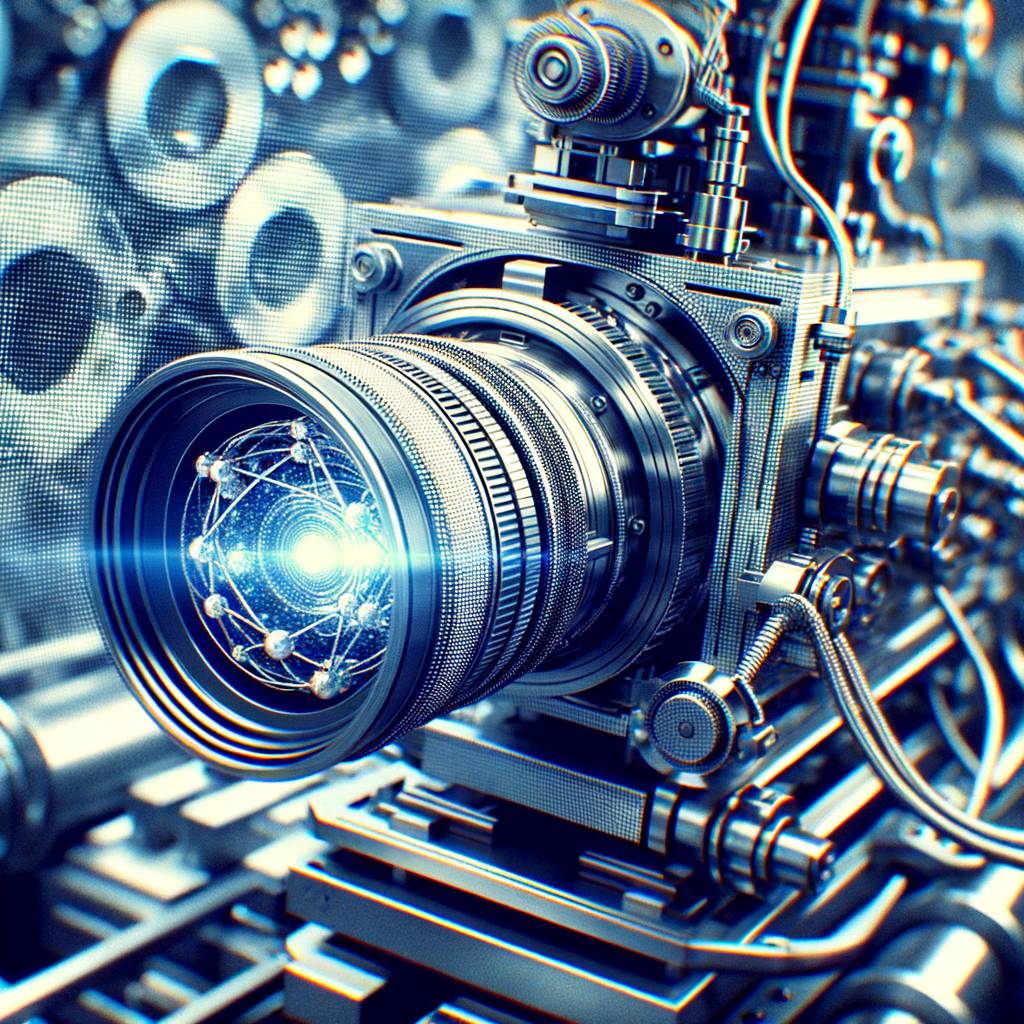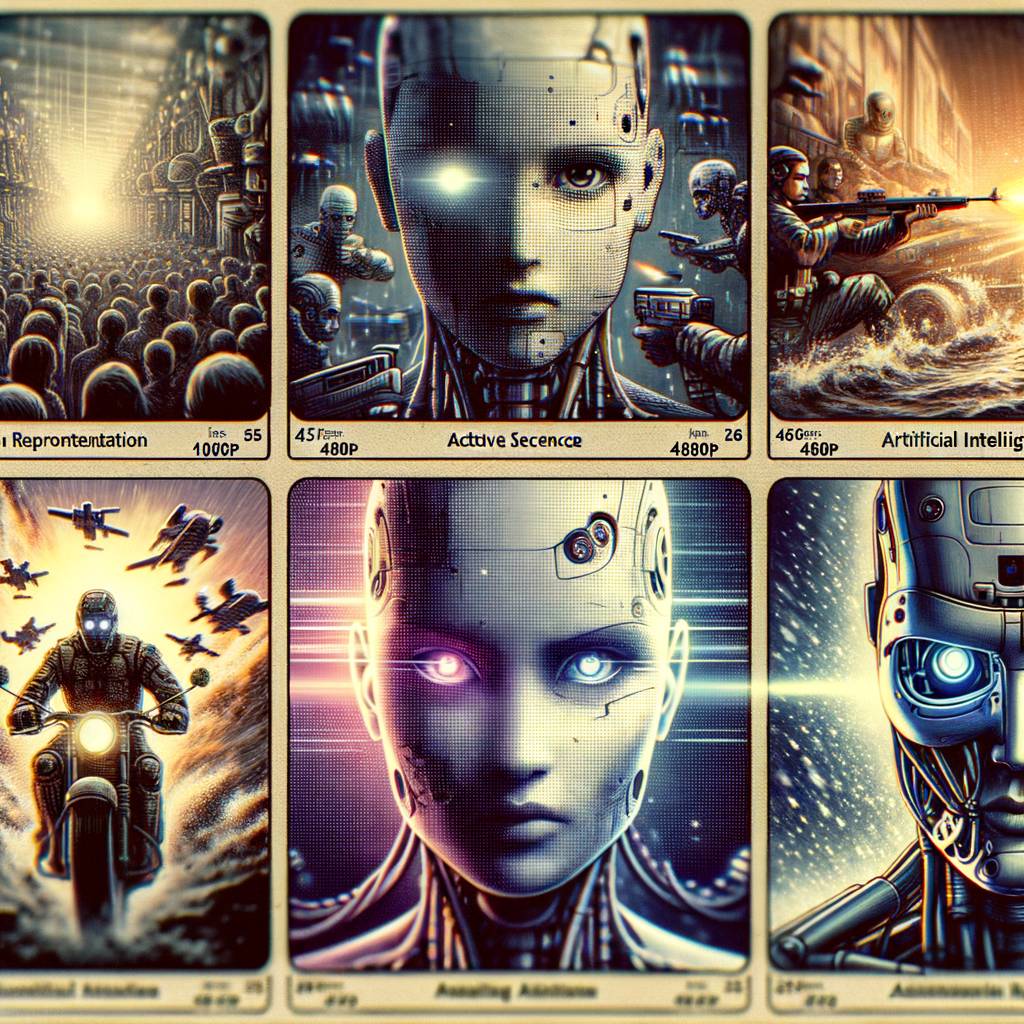Science Fiction as Social Commentary: Analyzing how Sci-Fi Movies Reflect and Critique Contemporary Societal Issues

Science fiction, a genre often relegated to the realm of pure entertainment, has a long history of serving as a mirror to society. It reflects our hopes, fears, and anxieties about the future, technology, and the human condition. This article delves into how science fiction, particularly in film, serves as a potent form of social commentary, critiquing and analyzing contemporary societal issues.
The Role of Science Fiction in Society
Science fiction is more than just a genre of entertainment. It is a lens through which we can view and critique our society. As noted by author Philip K. Dick, “Science fiction is the one real international literary form we have today, and as such has branched out to visual media, interactive media and on to whatever new media the world will invent in the 21st century…it is a way of life and thought.”
1
Sci-Fi Movies as Social Commentary
Sci-fi movies have a long history of reflecting societal issues. From the nuclear anxieties of the Cold War reflected in “Godzilla” (1954) to the critique of corporate greed and environmental destruction in “Avatar” (2009), these films serve as a commentary on the times in which they were made.
Case Study: “The Matrix” and Technological Anxiety
One of the most iconic sci-fi movies, “The Matrix” (1999), serves as a critique of our increasing dependence on technology. The film presents a dystopian future where humans are enslaved by machines, reflecting societal anxieties about the potential dangers of unchecked technological advancement.
Case Study: “District 9” and Xenophobia
“District 9” (2009) uses the trope of alien invasion to critique xenophobia and apartheid. The film’s depiction of the segregation and mistreatment of the alien ‘prawns’ serves as a stark commentary on the real-world issue of racial discrimination and prejudice.
Sci-Fi Movies and the Future
As we move further into the 21st century, sci-fi movies continue to reflect and critique societal issues. Films like “Ex Machina” (2014) explore the ethical implications of artificial intelligence, while “The Hunger Games” series (2012-2015) critiques wealth inequality and the spectacle of reality television.
Conclusion
Science fiction serves as a powerful tool for social commentary, reflecting and critiquing contemporary societal issues. Through their imaginative narratives and speculative scenarios, sci-fi movies allow us to confront our fears, challenge our preconceptions, and consider the potential consequences of our actions. As we continue to grapple with rapid technological advancement and societal change, the role of science fiction as a form of social commentary is more relevant than ever.
1 Philip K. Dick, “How to Build a Universe That Doesn’t Fall Apart Two Days Later,” 1978.



